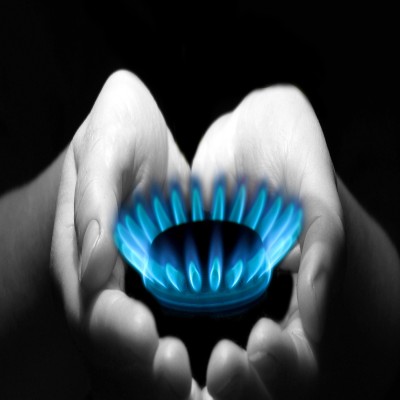Propane, a versatile and efficient energy source, has become an integral part of modern living, powering homes, businesses, and vehicles across the globe. This hydrocarbon gas offers numerous advantages and applications that make it a popular choice for various purposes.
What is Propane?
Propane (C3H8) is a three-carbon alkane gas that exists as a gas at standard temperature and pressure but can be compressed into a liquid for storage and transport. It is derived as a by-product of natural gas processing and petroleum refining. In its pure form, propane is odorless, but manufacturers add an artificial odorant called ethyl mercaptan to help detect leaks, giving it a distinctive “rotten egg” smell.
Historical Development and Production
The discovery of Propane dates back to 1910 when Dr. Walter Snelling identified it as a volatile component in gasoline. The first commercial propane production began in 1911, and since then, the industry has grown exponentially. Today, propane is produced through two main processes: natural gas processing and crude oil refining. During natural gas processing, propane is separated from other hydrocarbons through fractional distillation. In oil refining, it is extracted as a by-product during the cracking process.
Residential Applications
Propane serves multiple purposes in residential settings. Home heating is one of its primary applications, particularly in areas without access to natural gas lines. Many homeowners rely on propane furnaces for efficient and reliable heating during cold months. In the kitchen, propane-powered stoves and ovens provide precise temperature control and instant heat, making them popular among cooking enthusiasts. Water heating, clothes drying, and backup power generation are other common residential uses.
Commercial and Industrial Uses
The commercial sector heavily depends on propane for various applications. Restaurants utilize propane for cooking equipment, while warehouses employ propane-powered forklifts for material handling. In agriculture, farmers use propane for crop drying, irrigation pumps, and greenhouse heating. Industrial applications include metal cutting, heat treatment, and as a refrigerant in cooling systems. The versatility of propane makes it an invaluable resource across different industries.
Transportation and Alternative Fuel
Propane autogas is gaining popularity as an alternative vehicle fuel. Also known as liquefied petroleum gas (LPG), it offers several advantages over conventional fuels. Propane-powered vehicles produce fewer emissions, require less maintenance, and often have lower fuel costs. Fleet operators, including school buses, taxi services, and delivery companies, increasingly choose propane autogas for its economic and environmental benefits.
Environmental Impact and Sustainability
Compared to many fossil fuels, propane has a lower carbon footprint and produces fewer greenhouse gas emissions when burned. It releases approximately 30% less carbon dioxide than gasoline and 45% less than coal. Additionally, propane doesn’t contaminate soil or groundwater if spilled, as it vaporizes and dissipates into the air. These characteristics make it an environmentally friendly option for various energy needs.
Safety Considerations and Storage
Proper handling and storage of propane are crucial for safety. Propane tanks are designed with multiple safety features, including pressure relief valves and overflow protection devices. The tanks must be certified and regularly inspected to ensure their integrity. When storing propane, tanks should be kept outdoors in well-ventilated areas, away from direct sunlight and potential ignition sources. Professional installation and maintenance of propane systems are essential for safe operation.
Economic Factors
The propane market is influenced by various factors, including seasonal demand, production levels, and international trade. Winter months typically see increased demand for heating purposes, while summer brings higher usage for agricultural applications and outdoor activities. Price fluctuations can occur due to supply chain disruptions, weather events, or changes in crude oil and natural gas markets. The industry continues to evolve with technological advancements and changing energy policies.
Emergency Preparedness and Backup Power
Propane plays a vital role in emergency preparedness and disaster response. Many households and businesses install propane-powered generators for backup power during outages. These systems provide reliable energy when traditional power sources fail, ensuring critical operations continue uninterrupted. Emergency services and healthcare facilities often maintain propane reserves as part of their contingency plans.
Get more insights on, Propane
Get This Report in Japanese Language: プロパン
Get This Report in Korean Language: 프로판
About Author:
Ravina Pandya, Content Writer, has a strong foothold in the market research industry. She specializes in writing well-researched articles from different industries, including food and beverages, information and technology, healthcare, chemical and materials, etc. (https://www.linkedin.com/in/ravina-pandya-1a3984191)
This post was created with our nice and easy submission form. Create your post!





